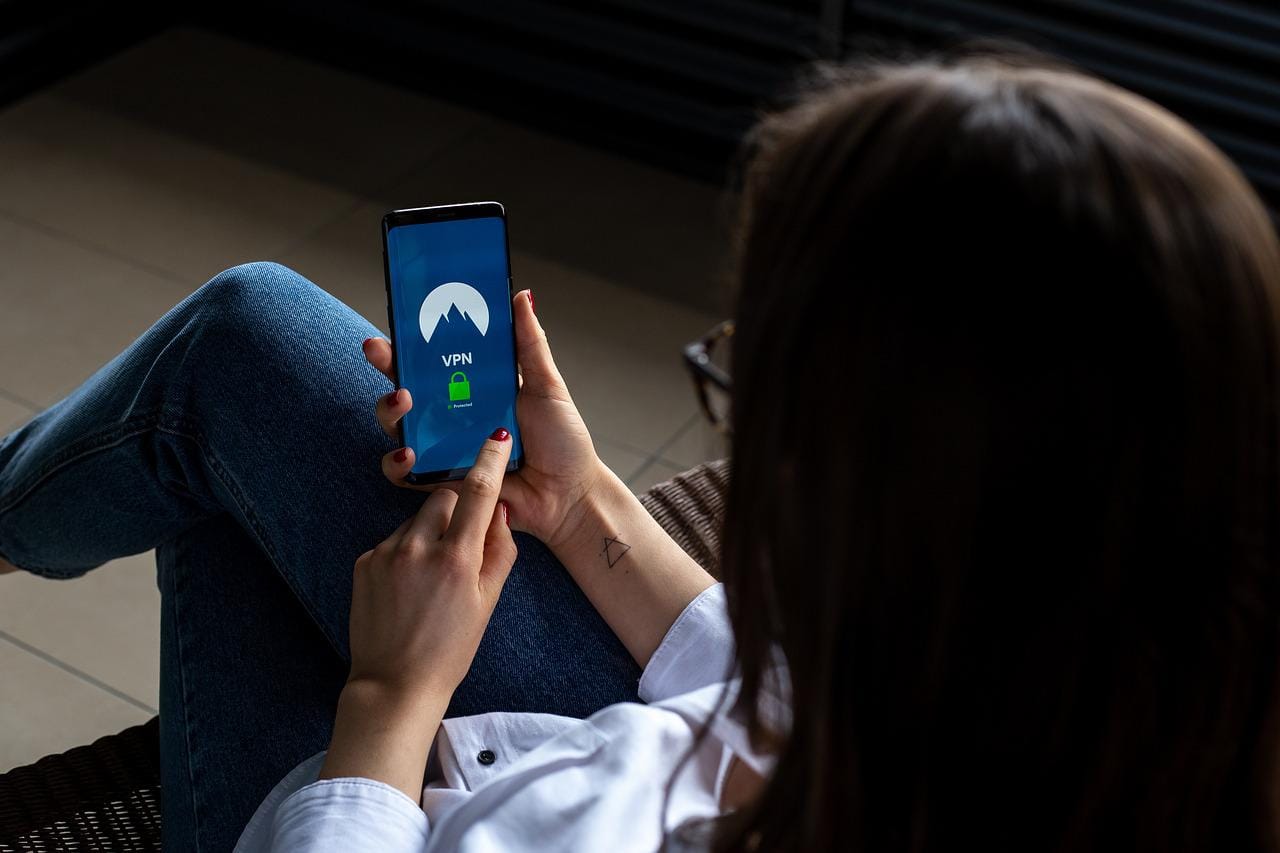The debate over the fight against online piracy has taken a new turn in France and Spain, where authorities and rights holders are seeking to reinforce measures against access to illegal content. However, recent actions are generating collateral consequences that affect privacy and security online, as well as thousands of legitimate businesses.
New Offensive Against Piracy in France
For years, blocking pirate sites has fallen upon Internet service providers and, more recently, on DNS resolvers. However, these measures have proven to be insufficient. In France, companies like Canal+ and the Ligue de Football Professionnel (LFP) have sought judicial measures to compel popular VPN services, such as CyberGhost, ExpressVPN, NordVPN, ProtonVPN, and Surfshark, to block access to piracy websites.
VPN providers have responded that their primary function is to ensure the privacy and security of their users, without being responsible for the content accessed. Despite their neutral stance, they may face blocking orders similar to those imposed on Internet service providers and DNS resolvers in the past.
VPN Providers Consider Leaving France
The blocking request has not yet been approved, but several affected companies have already expressed their concerns. The VPN Trust Initiative (VTI), which includes ExpressVPN, NordVPN, and Surfshark, has labeled the measure as a dangerous precedent. Christian Dawson, executive director of the i2Coalition, has noted that VPN providers might consider leaving France if the measure is approved, as has already occurred in other countries with restrictive regulations.
Previous cases in India and Pakistan have shown that when user privacy or security is at risk, some services opt to exit the market rather than compromise their encryption principles or data logging policies. In this context, Cisco has already suspended its OpenDNS service in France to avoid similar issues.
Massive IP Blocks in Spain Affect Legitimate Businesses
While VPNs are under scrutiny in France, in Spain, LaLiga has intensified its fight against football piracy with a series of IP blocks enforced by Internet providers such as Movistar, O2, and Digi. These measures, aimed at restricting access to sites that illegally stream content, have had alarming collateral effects.
One of the most serious issues has been the indiscriminate blocking of Cloudflare IP addresses, affecting thousands of websites and online businesses that have no relation to piracy. Companies relying on Cloudflare to enhance the security and performance of their platforms have reported service outages and difficulties accessing their own websites, leading to economic losses and dissatisfaction in the tech community.
Experts warn that these measures are being implemented without sufficient oversight or control, resulting in significant collateral damage. Small and medium enterprises, e-commerce, and online services have been severely impacted, raising doubts about the effectiveness and proportionality of these blocks.
Concern Over Global Precedents
Such measures not only generate uncertainty in the European market but also set a concerning global precedent. Countries like China, Russia, and Iran have imposed restrictions on VPN services as part of their digital censorship strategies. In other regions, like Malaysia, South Korea, and Australia, IP filtering efforts have led to excessive blocking of legitimate content, affecting open access to the Internet.
Critics warn that normalizing such regulations could open the door to even more restrictive measures in the future. Furthermore, if some VPN providers exit the French market, users may be forced to turn to less secure services with poor privacy standards.
Next Steps and Future Consequences
Currently, there is no blocking order in effect in France, as the judicial request is still to be evaluated in a hearing scheduled for next month. However, if approved, the affected companies could appeal the decision in European courts.
ProtonVPN has already stated it is willing to take the case to the highest judicial authority in the European Union, and other providers are likely to join in the defense of a free and secure Internet.
In Spain, associations of technology companies and privacy advocacy groups are pushing for a review of the massive IP blocks that are impacting legitimate businesses. LaLiga and the Internet providers have refrained from commenting on the magnitude of the problem, but the growing number of affected parties could lead to legal actions or calls for transparency in the implementation of these measures. Even Cloudflare has announced it has filed a lawsuit against LaLiga for these indiscriminate blocks.
The VTI and other organizations suggest that a better strategy for combating piracy is to target illegal sites and services at their source, rather than imposing restrictions that could fragment access to the Internet on a global level. Dawson concludes that generalized blocking measures are not an effective solution, but rather a threat to the security, privacy, and stability of the digital ecosystem.
Source: Security News

